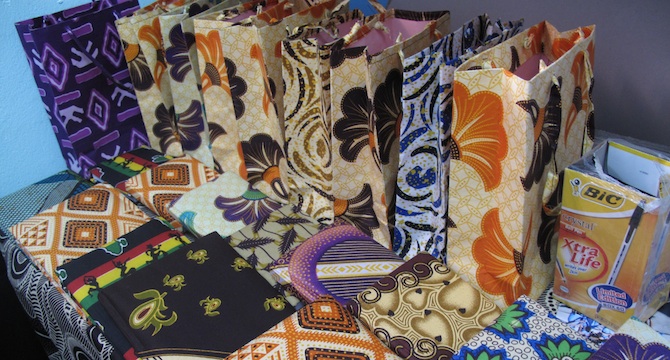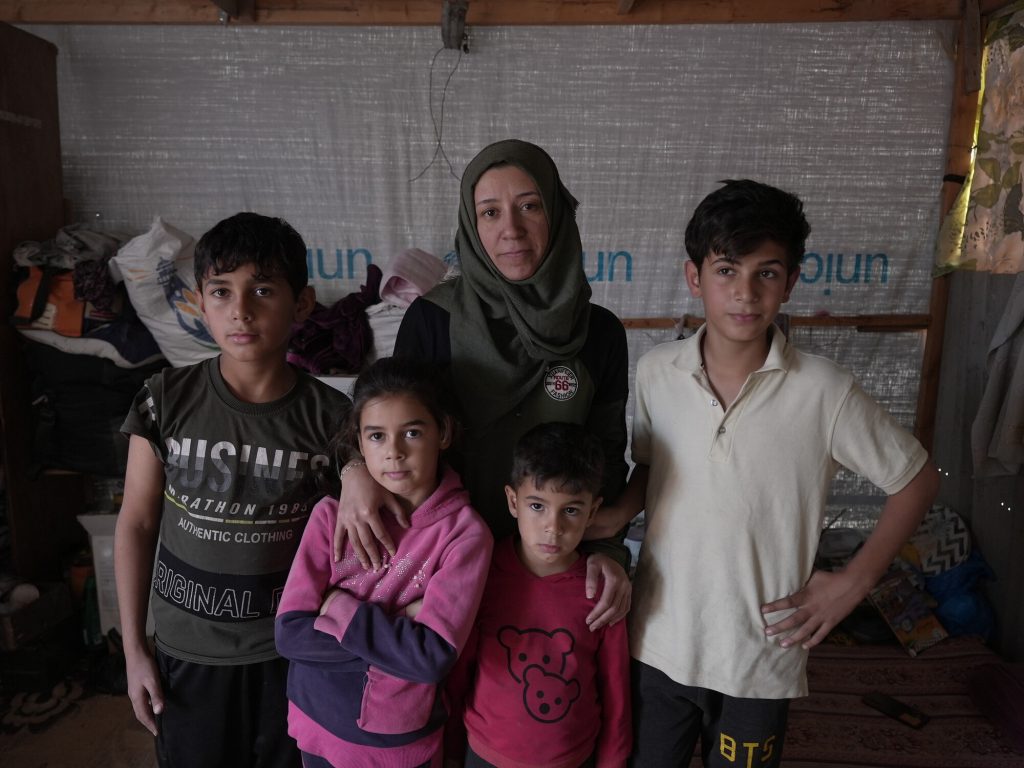Horizonte Azul: A Brighter Future for Impoverished Youth in Maputo
by Melanie Gallant
Maxaquene is an impoverished neighborhood on the outskirts of Maputo, the capital of Mozambique. The unpaved and pot-holed streets are filled with mud-brick houses, chickens, and people – especially children. Not surprising, given that 45% of Mozambique’s population is below the age the 15. Unfortunately, poverty, poor public services, and lack of access to education and health care, mean a hard existence for many of these kids and young adults.
Horizonte Azul – it means “blue horizon” in Portuguese – is an association that has worked with vulnerable children, young adults, and those living with HIV in Maxaquene since 2005. They help children enroll in and pay for school fees and they give home care and food packages to individuals taking antiviral drug treatment. They also do a lot of outreach and awareness raising within the community on gender equality and sexual and reproductive rights.
Horizonte Azul focus a lot of attention on girls, because they are the most vulnerable to school dropout, premature marriage and pregnancy. Executive Director, Dalila, explained:
“We work with girls, paying particular attention to young women aged 18 to 21, on sexual and reproductive rights. They have specific needs that differentiate them from the others. They need to graduate from school, they need to build confidence in order make smart life choices. Girls don’t finish school because they become pregnant or are forced into marriage. They often don’t know their rights, and don’t have a voice, or a choice”.
Oxfam supports Horizonte Azul through its Maputo partner WLSA – a feminist organization involved in research, training and advocacy. WLSA provides training to Horizonte staff and volunteers in sexual health and reproductive rights.
“The last training we had from WLSA was on sexual and reproductive rights and HIV in youth. Peer educators were trained and can now replicate this training in the community and to other associations that work with us”, Dalila explained.
It is hard to measure changes in attitudes but important progress has been made. Adamo, a peer educator at Horizonte Azul, said he has noticed changes in the community and in himself because of Horizonte Azul:
“I fell in love with the activities that Horizonte Azul carries out, and because of that I decided to be a different man from the other men in my community. You see, because of cultural beliefs and practices, men get a special attention within the family. The girls that we support might be forced to leave school to work around the house, all the while boys go to school and are even allowed to have time enough to play football. More girls are empowered and have a voice about their rights, so they increase their self-esteem and know they can do something different”.

Like many non-profit organizations, Horizonte Azul is trying to answer an increasing need for their services with few resources. To help finance their work they have started producing and selling artisanal notebooks, file holders and gift bags using brightly colored fabrics with traditional patterns.
“We applied for a small government grant to buy material and pay for training”, said Dalila. “Girls in the association have produced a first batch of products and have sold them at two events.”
So far, the money has gone to buy school supplies and uniforms for children in need. Horizonte Azul hope that the income can soon be used solely as an economic empowerment activity for girls and young women in their association and community.
“We hope to mobilize funds for more materials so the girls can earn an income for themselves, and then involve other girls and young women in the community”.
Melanie Gallant is Women’s Rights Officer for Communicating Change at Oxfam Canada.

